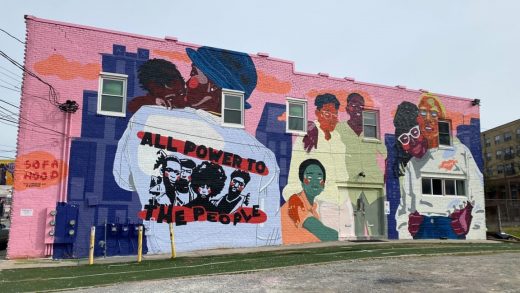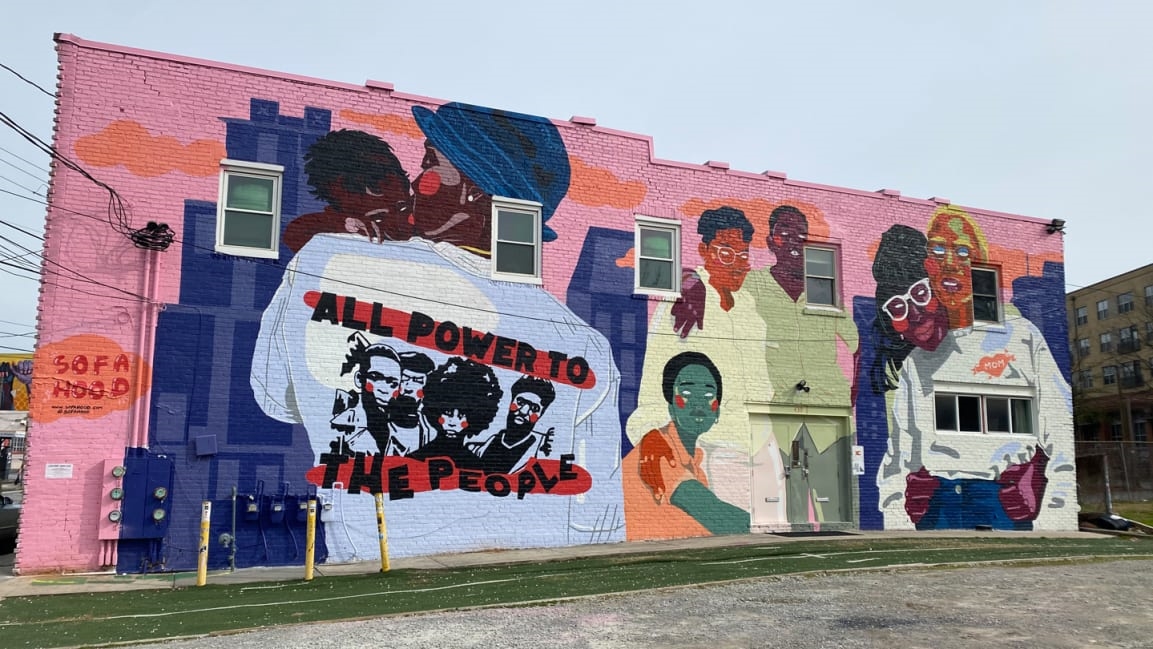Black women will get no-strings-attached monthly checks in this new guaranteed income experiment
In Atlanta’s Old Fourth Ward, the neighborhood where Martin Luther King, Jr., grew up and later preached, 37% of Black children live in poverty. No white children do, according to 2018 Census estimates. The neighborhood has quickly gentrified over the last two decades as white residents have moved in. But nearly half of the remaining Black households are living on less than $25,000 a year.
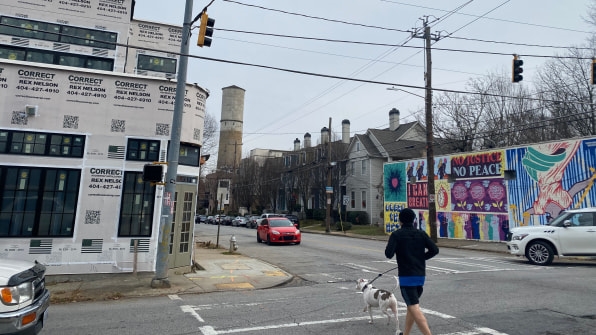
“We know this story of the Old Fourth Ward, and the trends that are happening, are not just indicative of this neighborhood, but what’s happening across the country,” says Hope Wollensack, executive director of the Georgia Resilience and Opportunity (GRO) Fund, a group that grew out of a community task force that looked at the root causes of inequality in the neighborhood.
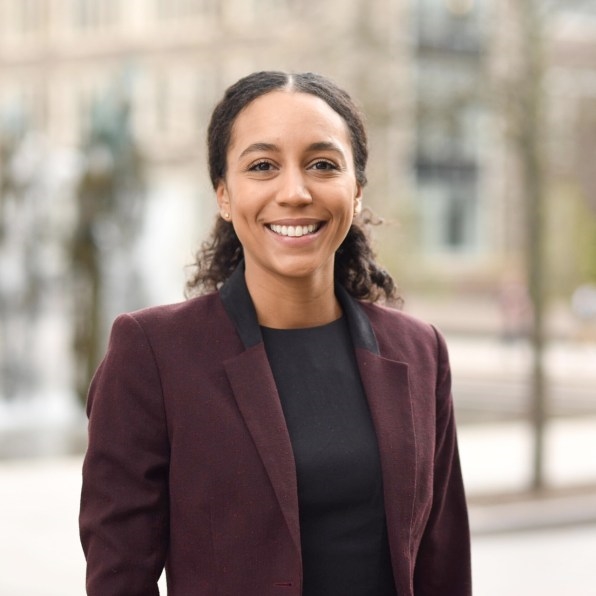
[Photo: courtesy Georgia Resilience and Opportunity Fund & GiveDirectly]
So later this year, the the neighborhood will become home to one of the largest guaranteed income experiments in the U.S.—and the largest to ever specifically focus on Black women. “Economic insecurity is certainly pervasive and felt by many groups, but some of the most acute impacts are felt by women of color, and principally Black women,” says Wollensack. In Georgia, Black women make 63 cents for every dollar that white men make.
The GRO Fund is partnering with GiveDirectly—a nonprofit that has been giving unconditional cash transfers to people living in poverty for a decade—to run the program, which will later expand to predominantly Black suburban and rural areas in Georgia. Called In Her Hands, it plans to enroll 650 Black women, randomly dividing them into two groups, one getting $850 a month for two years, the other receiving an upfront payment of $4,300, followed by recurring $700 monthly payments.
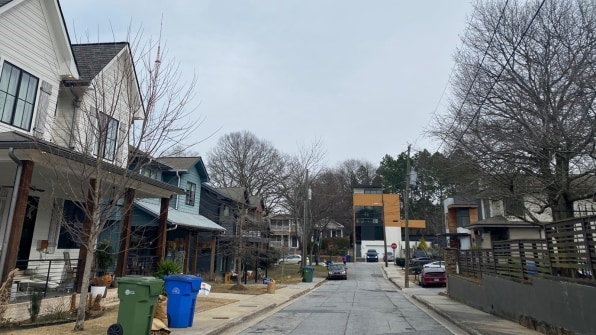
There’s ample evidence that giving out cash—with no strings attached—can be transformative. In a village in Kenya, the first place that GiveDirectly worked, recipients have used the money to pay for food, healthcare, starting businesses, and letting their children attend school instead of working. In Houston, the nonprofit gave out prepaid debit cards after Hurricane Harvey—arguably the most efficient way to make sure that people get what they actually need following a disaster, rather than, the usual model of handing out donations of clothing or laptops that may or may not be useful. In Stockton, California, one of a handful of cities that have tried a basic income experiment for low-income residents, recipients spent money on basic needs like food and utilities and, unsurprisingly, experienced more stability in their lives. More people were able to work or become involved in their communities.
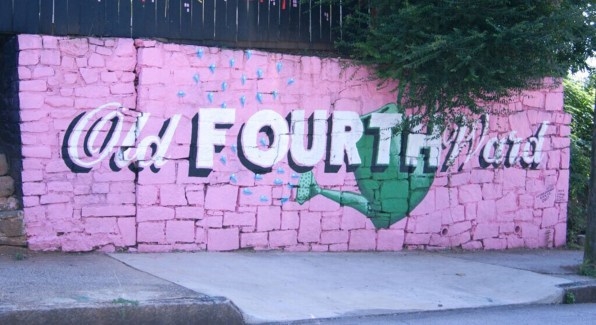
Having a predictable flow of money “can really help move otherwise volatile income sources, for people who are living at or near the poverty line, in a way that can help them significantly improve their ability to address and be resilient to shocks, to care for the day-to-day needs of themselves and their families,” says Sarah Moran, the U.S. country director for GiveDirectly. “The consistency of payments is critical for people to plan.”
The new program in Georgia will test whether it’s more helpful to give a larger sum of cash initially, rather than a monthly payment alone. “For example, what we’ve heard from community members in Georgia is if they had a lump sum payment upfront, they might use it to pay first and last month’s rent and move into a safer apartment,” she says. Others might pay off debt or invest in a used car to get to work. When the program expands to rural parts of Georgia, it will also help organizations understand the value of cash transfers in another setting, since most programs in the U.S. so far have happened in cities.
The lessons from the project could help inform better policy, helping make the case for a federal guaranteed income program, or for Georgia to provide a state earned income tax credit (it’s currently one of 20 states that do not). The data could also support a redesigned social safety net. Getting public benefits “is a really precarious financial state to be in, and it’s often very stressful to navigate the tightrope of eligibility,” says Wollensack. A more robust safety net might provide not just in-kind support but possibly also simple cash. “One of the things we are really interested in understanding is how and when women would prefer unrestricted cash, which is fungible, rather than in-kind contributions like SNAP,” says Moran.
The basic idea isn’t new: Martin Luther King, Jr., among others, talked about it in the 1960s as he considered various ways to tackle the problem of poverty. “I am now convinced that the simplest approach will prove to be the most effective,” he wrote his last book, Where Do We Go From Here: Chaos or Community? “The solution to poverty is to abolish it directly by a now widely discussed measure: the guaranteed income.”
Fast Company , Read Full Story
(48)

